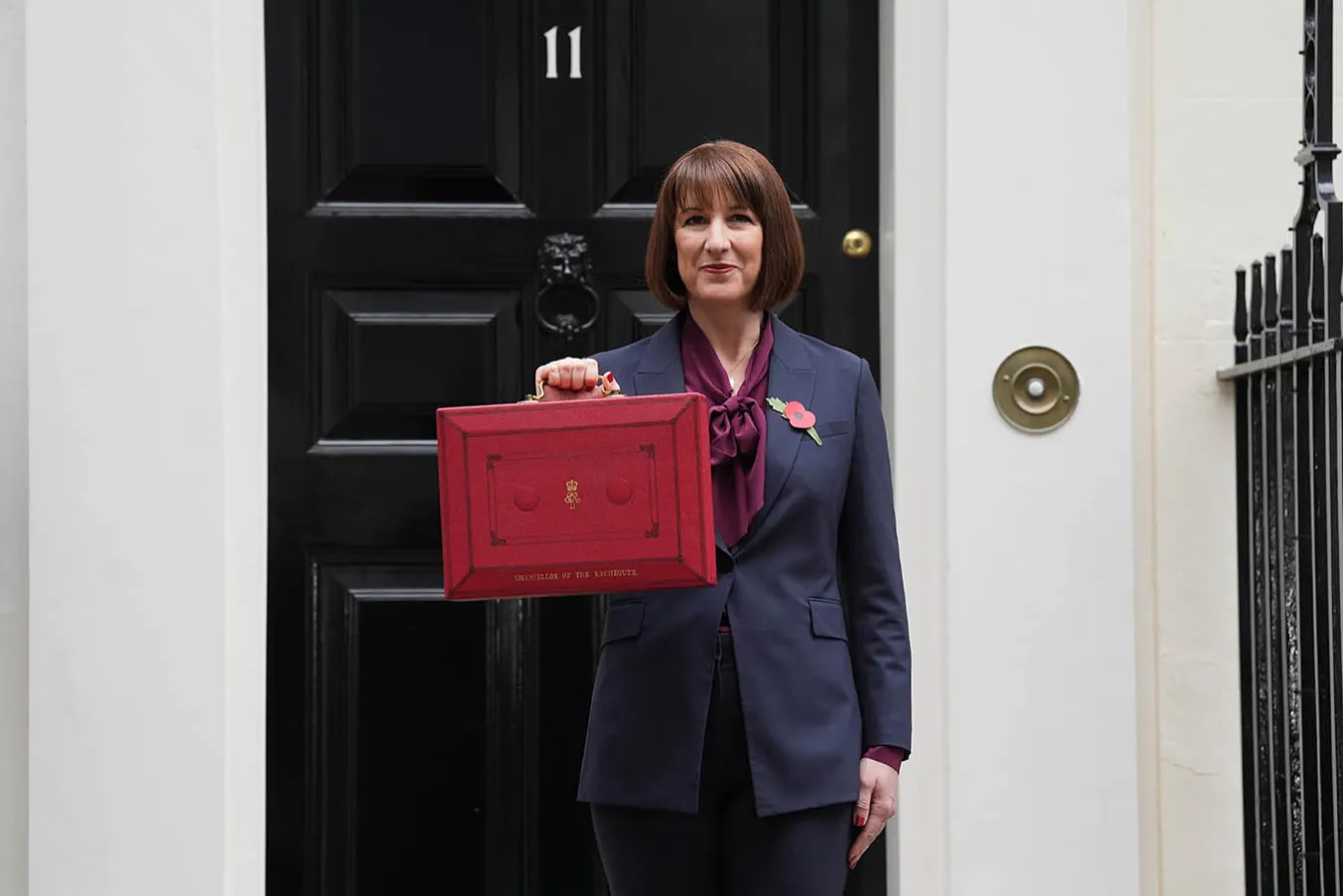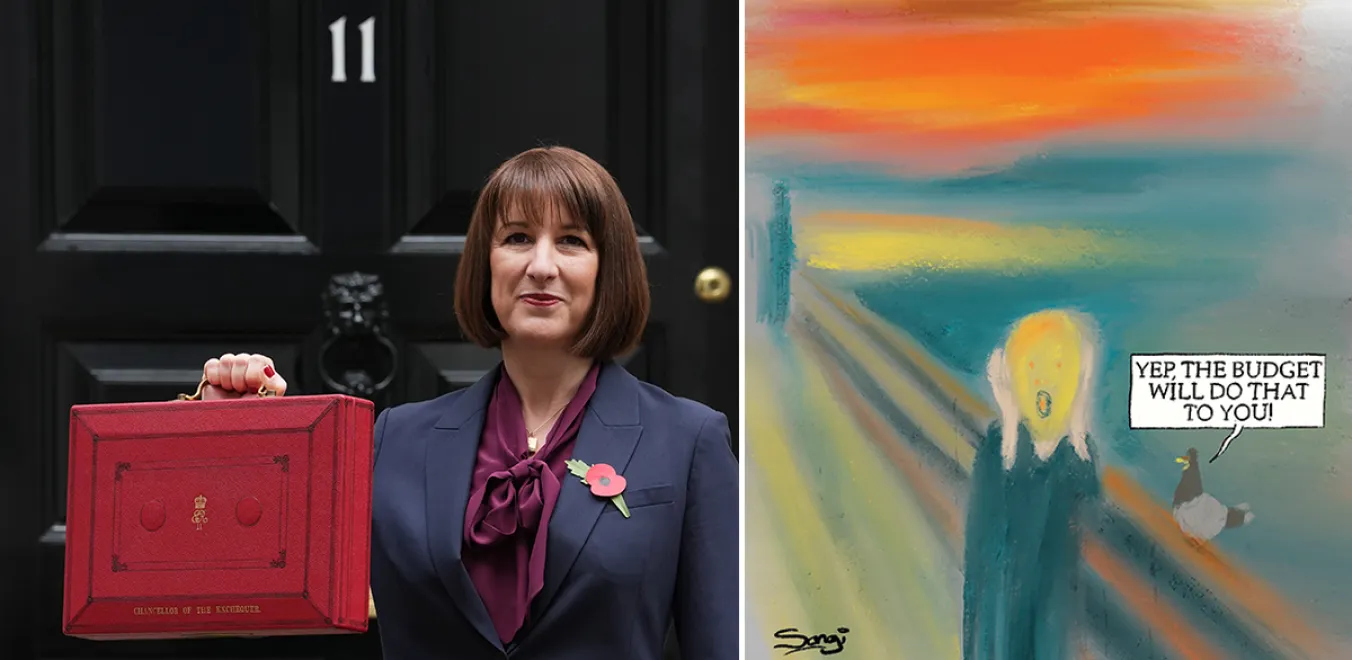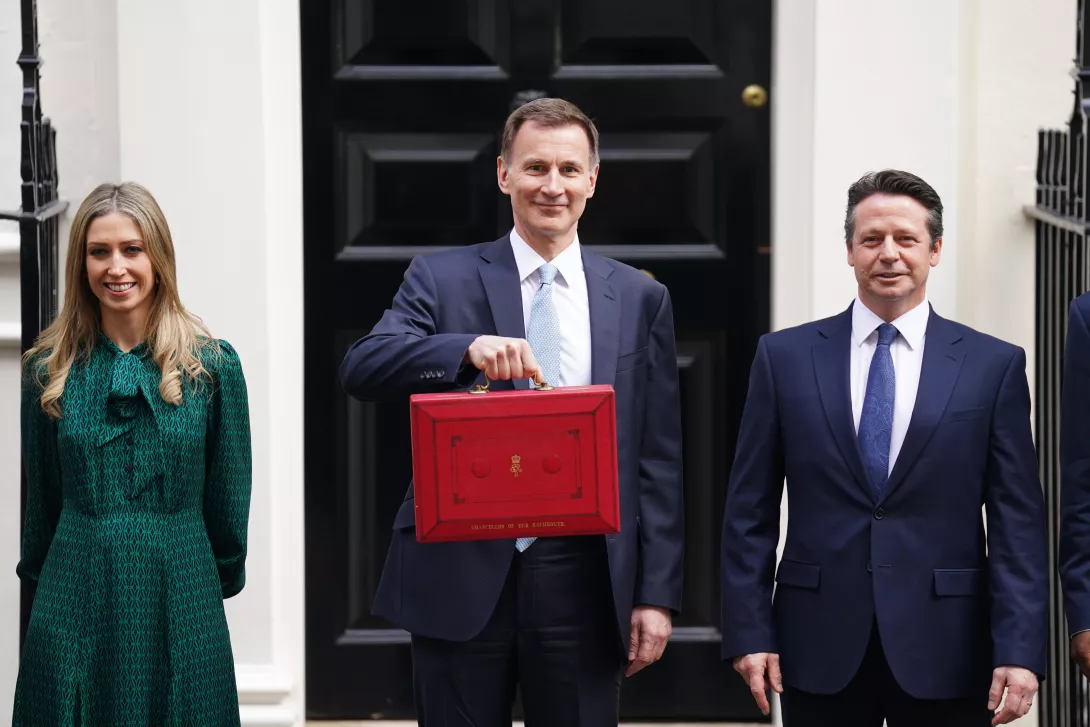Hunt’s dilemma as the obvious answer of raising taxes on business remains verboten
AS Jeremy Hunt and his Treasury team prepare Wednesday’s Budget, they are juggling with three sets of considerations.
The first is economic, including the impact that fiscal decisions have on everything from interest rates and share prices to public services, corporate investment and the value of the pound sterling.
The harsh reality facing the Chancellor is that the British economy is bumping along in the recession zone and shows only the weakest signs of recovery. Having dipped into recession in the last half of 2023, most forecasters predict a modest growth rate of between 0.5 and 0.7 per cent this year, before doubling in 2025.
More from this author

The Morning Star’s Alexander Norton spoke to the Connolly Youth Movement's ALEX HOMITS as he began his third term as General Secretary of the communist youth organisation, following the conclusion of its Ard Fheis (congress)

First in a new series of Morning Star profiles, fast food worker Melissa Evans explains why it's time for a strike at the red and yellow flagship brand of capitalism itself: McDonald's

Speaking to Alexander Norton, WAHSAYAH WHITEBIRD talks about the opportunities and challenges in being the only explicitly Communist elected official in the English-speaking world

Far from being impulsive or incoherent, the anarchist’s extreme political beliefs are sadly consistent with extreme times, writes ALEXANDER NORTON
Similar stories

In the first of two articles, ROBERT GRIFFITHS argues that despite a parliamentary majority, Labour’s timid Budget fails to seize a historic opportunity and lacks the ambition needed to address Britain’s deep social and economic crises

Comparing Budget measures to fictional Tory plans rather than actual spending levels conceals continued austerity, argues DIANE ABBOTT MP, as workers face stealth tax increases to bear the cost of economic stagnation

ROBERT GRIFFITHS reviews last Wednesday's Budget, outlining the obvious alternatives — that are not even radical let alone socialist — the government could have adopted to fix the sinking ship that is our economy

Labour's adoption of austerity policies, like a National Insurance cut benefiting higher earners, suggests a bleak outlook with worsening living standards, increased inequality and heightened economic instability, warns DIANE ABBOTT MP









